Washington, D.C., Oct. 12 – The 2020 election is an election unlike any other. The COVID-19 pandemic has cast a clear light on many of most important inequities that define American life. The continued spread of a deadly disease has forced millions of students to learn virtually and left hundreds of school districts scrambling to adopt new technologies. At the same time, even as more employers embrace telecommuting, millions of immigrants remain essential workers and must risk exposing themselves to COVID-19 in order to earn a paycheck.
With these critical questions being discussed and debated across the country, RespectAbility has been actively inviting all candidates in key Senate and gubernatorial races on both sides of the aisle to submit their answers to a 2020 Disability Voter Candidate Questionnaire.
The disability community is, by nature, intersectional. Immigration advocacy organization IMM Print advocates estimates that there are up to “1.5 million undocumented individuals…with a disability.” Further, Census Bureau data shows that there are more than 44 million immigrants living in the United States and out of that number, up to 6 million are probably living with a disability.
As part of its commitment to fighting stigmas and advancing opportunities so people with disabilities can participate fully in all aspects of community, RespectAbility included questions that specifically address both the need for effective education for students with disabilities and the place of immigrants with disabilities in America today in its disability voter questionnaire. Every candidate was given an equal opportunity to respond and if they are not listed, it is because they declined to answer.
In the questionnaire, Question 6 specifically asked candidates: In our nation’s public schools, there are 6.3 million students with disabilities. The changing demographics of America are reflected in these students, with 11.4 percent of students with disabilities nationwide, almost 720,000, also identified as English-language learners. Their accommodation needs are compounded by the fact that many come from households that do not speak English at home, adding an extra challenge for parental interaction. It can also be harder to diagnose disabilities in children when they are English language learners. Additionally, immigration issues and fears over the public charge rule impact students with disabilities, their families and the wider workforce. What policies would you advance to enable students and their families who are English language learners with disabilities to succeed in school and employment?
Below, read the answers from the candidates who responded:
Democratic Presidential Candidate and Former Vice President Joe Biden:
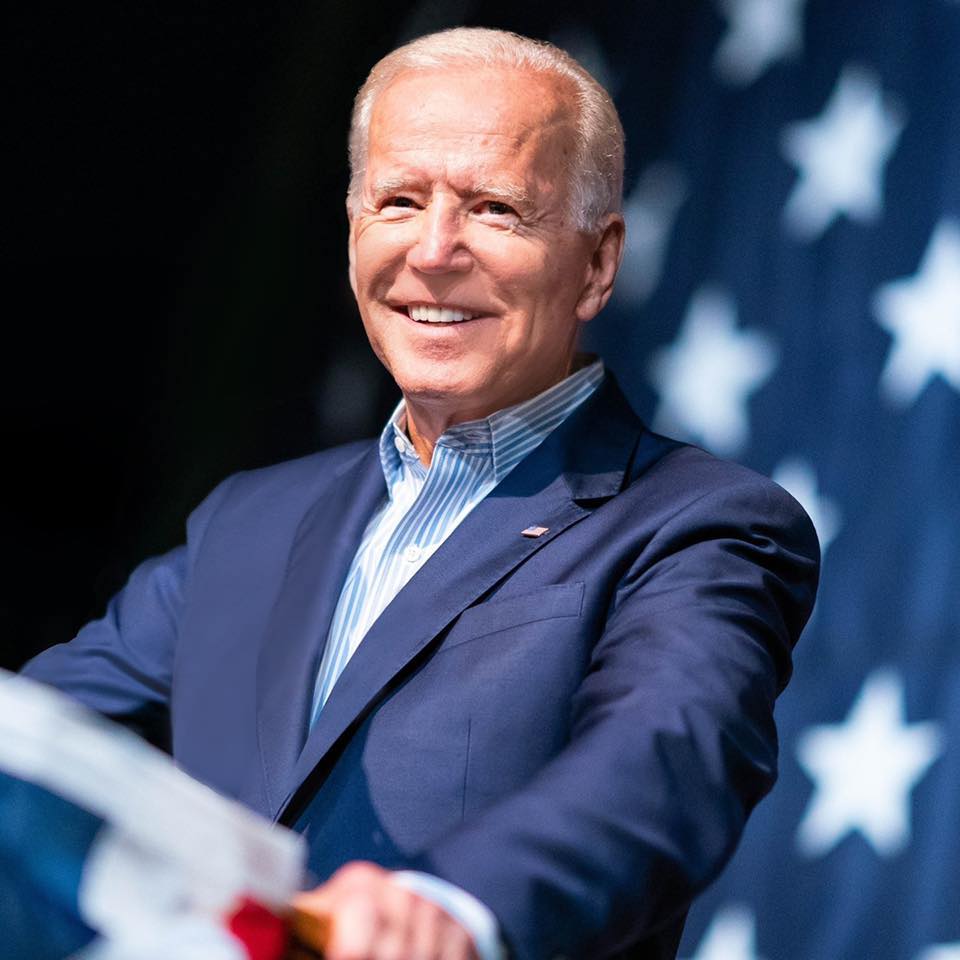
I will immediately revoke the Trump Administration’s public charge rule, which discriminates against immigrants with disabilities. Immigrants with disabilities may be prevented from receiving an immigration status simply because of their disability or, conversely, may have to forego necessary services in order to be granted a visa or residency status. I will ensure that our country welcomes immigrants with disabilities and their families, including refugees, asylum-seekers, and victims of domestic violence, sexual assault, and human trafficking, and that they can access services and support they need to succeed in the United States. I will ensure that newly arrived immigrants are not subject to mistreatment and receive appropriate accommodations and that the U.S. Customs and Immigration Services (USCIS) complies with the ADA at every step of the naturalization process.
I will also work to ensure that language barriers do not lead to denial of vital services and resources including education services and needed accommodations. I have called for the creation of neighborhood resource centers or welcome centers to help new immigrants find jobs; access services and English-language learning opportunities; and navigate the school system, health care system, and other important facets of daily life. And I will work to ensure that all public schools have sufficient English-language learning support to help all children reach their potential.
Read Biden’s full questionnaire response here
Incumbent Democratic Senator Doug Jones of Alabama:
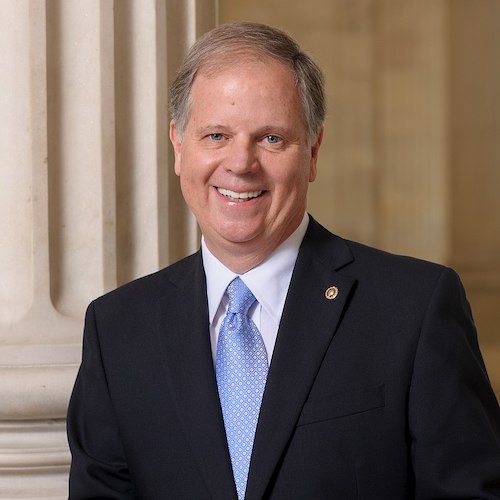
We need to provide greater resources for individuals with disabilities and that includes those for whom English is not the primary language. Incentives to grow the number of special education teachers and counselors who speak a second language need to be explored. This will help families navigate IEPs and to communicate and overcome their child’s educational challenges.
My bill, the Classrooms Reflecting Communities Act, which is designed to address the teacher shortage across our country, also authorizes grant programs that would prepare prospective teachers to support students with disabilities and English language learners.
Education is key for all children to succeed in the United States, and I will continue to work to ensure that children with disabilities, including the 720,00 immigrant children with disabilities for whom English is a second language, have access to quality education.
Read Jones’s full questionnaire response here
Democratic Senate candidate and former Colorado Governor John Hickenlooper:

As Senator, Hickenlooper would be strongly committed to ensuring the collaboration across disciplines and building of partnerships with families to support the diverse learning styles of English language learners with disabilities; and to ensuring proper identification and service delivery under the IDEA for ELL students who may have a disability.
Read Hickenlooper’s full questionnaire response here
Incumbent Democratic Governor John Carney of Delaware:

As mentioned above, I worked with members of the General Assembly to create the state’s first weighted funding program to allocate additional resources to underserved students. The program provides $75 million over three years to meet the needs of English language learners, students from low income communities, and those dealing with mental health challenges. I plan to continue and build upon this support if re-elected.
Read Carney’s full questionnaire response here
Incumbent Republican Governor Eric Holcomb of Indiana:
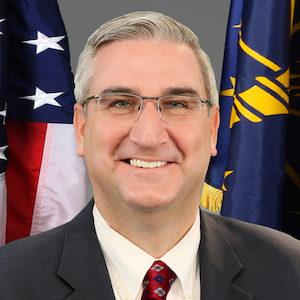
The very first bill Governor Holcomb signed into law was one that provided more transportation options for students with disabilities. He also signed landmark legislation that supports the independence of Hoosiers with disabilities and created the taskforce for assessment of services and support for people with intellectual and developmental disabilities. Lt. Governor Crouch chaired this taskforce.
Crouch’s task force report outlined recommendations for the administration and General Assembly to further improve services for Hoosiers with disabilities. The recommendations provide information on existing services, identifies gaps in services and proposes recommendations that will not only improve services and support, but will also promote greater community opportunities for Hoosiers with intellectual and developmental disabilities. The entire report may be found on the Indiana Family and Social Services Administration’s website.
Read Holcomb’s full questionnaire response here
Democratic gubernatorial candidate Dr. Woody Myers of Indiana:
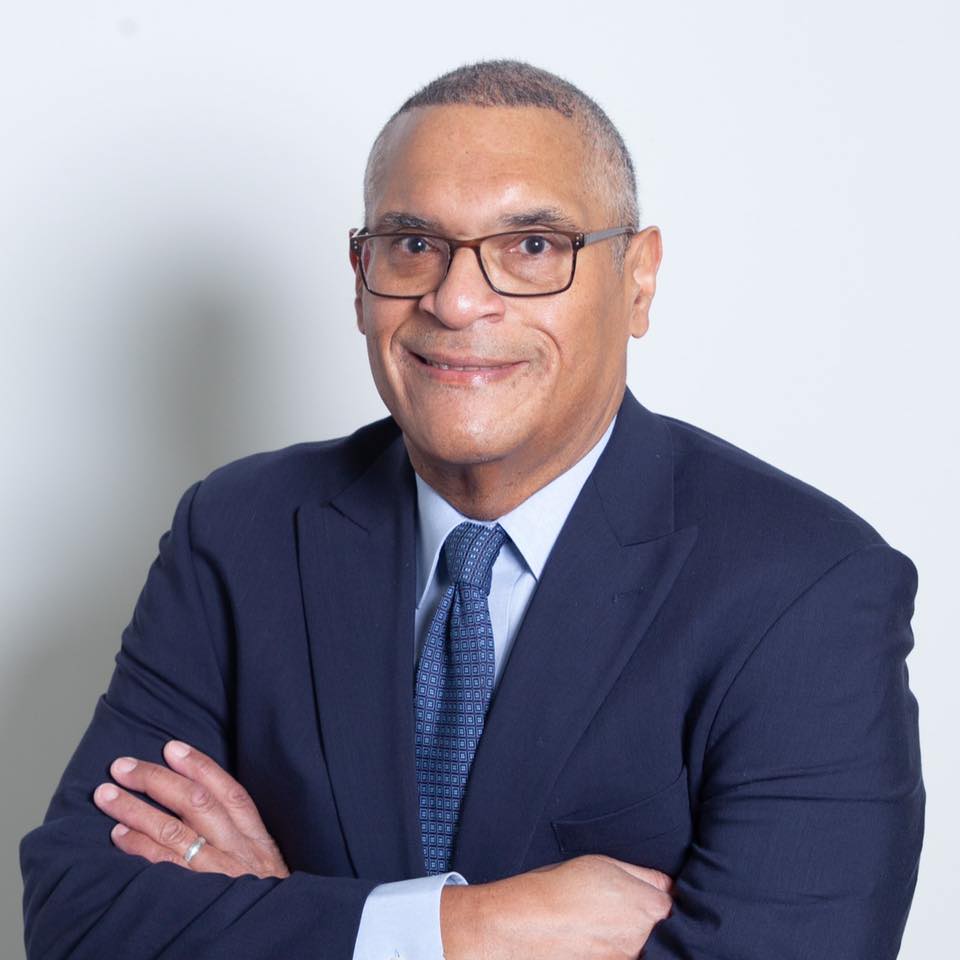
English language learners with disabilities and their families face additional challenges and barriers to service. We will work to increase access to translation services in schools for both students with disabilities and their families. This includes bi-lingual teachers and instructional staff in classrooms, signs and materials in different languages, and ensuring translators are available for communication between families and the school. A Myers-Lawson Administration will ensure our public schools serving students with disabilities have equitable funding that represents a priority to close achievement gaps.
Ready Myers’s full questionnaire response here
Democratic Senate candidate Theresa Greenfield of Iowa:
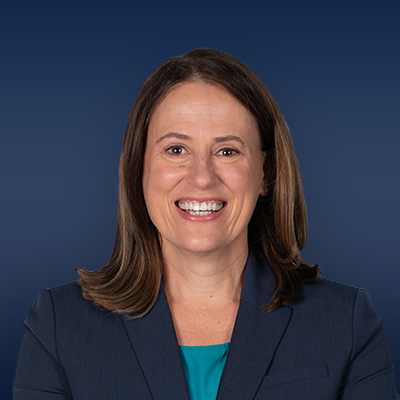
All of our students deserve the education and training they need to follow their dreams. I think the best way to do that is to protect our public schools and ensure they have the resources they need to teach all of students including people with disabilities and students who are learning English as a second language. As U.S. Senator, I support making sure public dollars stay with public schools and we nominate a new U.S. Secretary of Education with public school experience who shares these values.
As the mother of a son with a disability, I saw firsthand how difficult it can be to navigate school systems. This is personal to me.
Read Greenfield’s full questionnaire response here
Incumbent Republican Senator Susan Collins of Maine:

I have also long been a strong advocate for IDEA, the landmark law that has provided breakthrough opportunities for children with disabilities and helped many of these students reach their full potential. These policies support the full inclusion ofAmericans with disabilities year-round, and have become particularly vital to helping students with disabilities succeed during the pandemic.
Read Collins’s full questionnaire response here
Democratic Senate candidate and Speaker of the Maine House of Representatives Sara Gideon:

Our public schools need to be a safe place of learning for all children, regardless of their language or ability status. That’s why we need to invest in public education, fully fund English Language Learning programs and IDEA, and provide bridge programs for children learning English as a second language who are also disabled.
Read Gideon’s full questionnaire response here
Democratic Senate candidate and current Montana Governor Steve Bullock:

Full funding for IDEA, ELL programs in Title III of ESEA, and educator training programs in Title II of ESEA are essential for ensuring that English-language learning students with disabilities–and the folks who teach them–have the resources they need to be successful in the classroom. As Senator, I will fight to secure these resources, and push the Department of Education to work in a coordinated and holistic manner across these programs to ensure that comprehensive and appropriate supports are provided to students and their families.
Read Bullock’s full questionnaire response here
Incumbent Republican Senator Steve Daines of Montana:
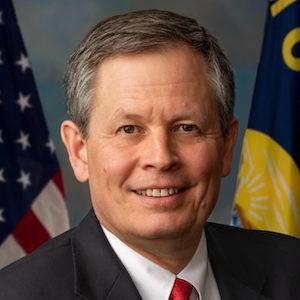
Ensuring those with disabilities have access to the education they need is critical to their success. Families must be able to choose the school and program that best fits their children’s needs, without having to worry about how much it’ll cost. That’s why I’ll always support school choice programs – because what each family needs for their students, especially those with disabilities, should be a decision that lies with that family.
I’ve been proud to support IDEA funding which provides education resources for those with disabilities. I was also glad to support and see the Workforce Innovation and Opportunity Act signed into law because it created rehabilitation and vocational training programs for those with disabilities. We must continue working to ensure those with disabilities have the tools they need – and I’m glad to continue in that fight.
Read Daines’s full questionnaire response here
Democratic candidate for Governor and current Montana Lieutenant Governor Mike Cooney:
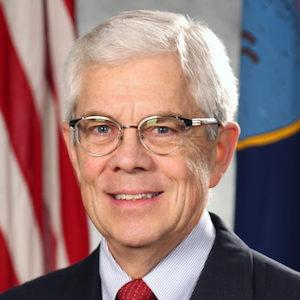
When I am elected I will fight to make sure all of our schools have the resources they need to ensure every student gets the education they deserve. I will push back against harmful budget cuts, and I will work to expand programs that give students who need it support so they can grow and thrive.
Read Cooney’s full questionnaire response here
Libertarian Senate candidate Bob Walsh of New Mexico:
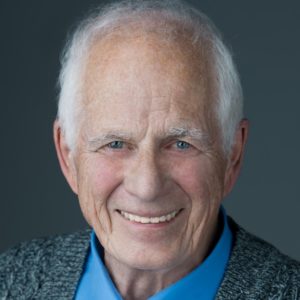
The Constitution did not give Congress authority over education. The New Mexico Constitution requires free public schools sufficient for the education of all the children. A recent judgment enjoined the State to ensure that New Mexico schools have sufficient resources. The judgment includes resources necessary to give children with a disability the opportunity to obtain a uniform and sufficient education, an education that prepares them for college and career. Congressional action would be both unconstitutional and unnecessary.
Read Walsh’s full questionnaire response here
Democratic Senate candidate Cal Cunningham of North Carolina:
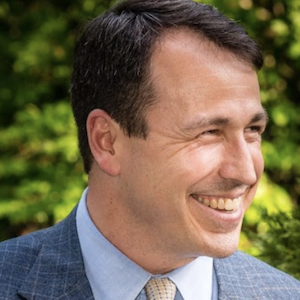
It’s critical that every student has the same opportunities for academic success. I support increased investment in our public schools so that every student has the resources they need to succeed as well as investments in support personnel, including counselors, psychologists, and other professionals, who address children’s unique academic and developmental needs and help ensure every child can thrive in school.
Read Cunningham’s full questionnaire response here
Incumbent Republican Senator Thom Tillis of North Carolina:
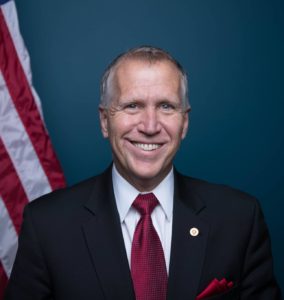
While I believe that education should fundamentally be a function of state and local government, I do believe the federal government has a critical role to play. I believe local leaders should be the ultimate decision makers in setting education policy and priorities for their schools and communities because they have the most direct link to the unique circumstances and needs of the community they serve. A one size fits all approach does not work for education broadly, and it does not work for students with unique needs. That said, upon identifying the needs of a particular school, community, or county, the federal government must step in to provide the resources necessary to implement these individually tailored education plans. Ever since I have been in the U.S. Senate, I have championed legislation each year to provide additional funding for Impact Aid that is dedicated to school districts that serve children of military servicemembers with higher rates of students with special needs. I have worked to ensure communities have access to federal funding to facilitate individualized education programs, which include special lesson planning for students with disabilities, including English language learners. As your U.S. Senator, I will continue to advocate for federal support to state and local governments to ensure that every student, regardless of background, special needs, or English language proficiency, has access to an individually tailored education that meets their needs, so they can succeed, achieve, and thrive in our great state and country.
Read Tillis’s full questionnaire response here
Incumbent Democratic Governor Roy Cooper of North Carolina:

In 2018, my Department of Health and Human Services (DHHS) collaborated with NC Council on Developmental Disabilities to launch the Everybody Works NC campaign in October to raise awareness about the untapped pool of talented people with disabilities who are qualified and ready to work.
Also in 2018, DHHS hosted the nation’s first Health and Human Services Project SEARCH site, a collaboration with Wake Technical Community College that connects students with disabilities to internship placements within DHHS to provide on-the-job employment skills and experience.
Read Cooper’s full questionnaire response here
Democratic congressional candidate Moe Davis of North Carolina:
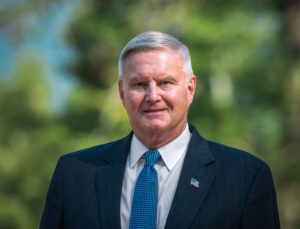
ESL services in schools should be expanded to students attending public online school. Communication technology can be very helpful to ESL students with cognitive impairments and to those with communication challenges. Devices that enhance education and the quality of life and work are essential and not luxury. The public charge rule should absolutely not include medical devices needed to live a full life and get a full education.
Read Davis’s full questionnaire response here
Democratic Lieutenant Governor and candidate for Vermont Governor David Zuckerman:

Our schools right now are being asked to provide far more than just an education. I held roundtable conversations earlier this year to hear their experiences teaching remotely. Those who were supporting English Language Learners and students with special needs were struggling the most to find ways to interact and assist their students.
I have been advocating for more alignment between the Agency of Education and the Agency of Human Services so we can ensure all Vermonters have access to the support they need. I recognize the transportation challenges many face to access services and think if they were embedded in local schools that would help. I also think continuity of services is extremely important for positive outcomes, and establishing a single location for education and services will greatly help with that. An added benefit to a collaborative program is it will reduce redundancy and save money.
Read Zuckerman’s full questionnaire response here
Democratic Governor candidate and Kanawha County commissioner Ben Salango of West Virginia:

I believe technical and vocational training are critical. All West Virginians should have access to them near their community. I will expand broadband access so that more students can learn from home.
Read Salango’s full questionnaire response here
RespectAbility is a nonprofit, nonpartisan organization that fights stigmas and advances opportunities so people with disabilities can fully participate in all aspects of their communities. RespectAbility does not rate or endorse candidates. View more coverage of 2020 candidates.
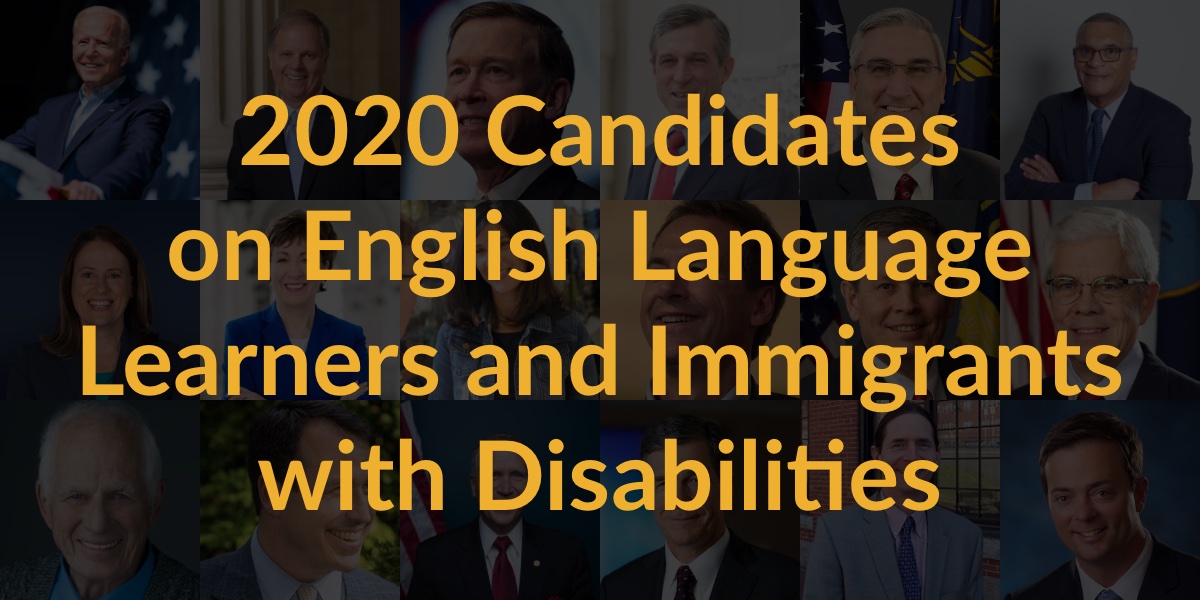
Be First to Comment